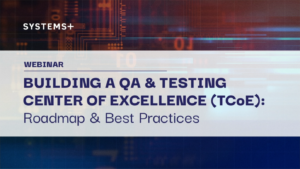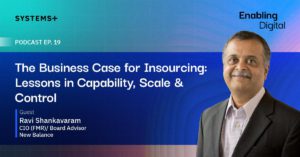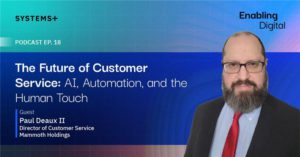Establishing the mindset that Robotic Process Automation is a valuable talent platform is a major key to success and that requires you to think about RPA as follows:
Digital workers have skills. Some of those skills they automatically come with, others they must learn, especially skills specific to your environment.
Digital workers can also think, act, and analyze.
The RPA technology today has embedded metrics and enough learning intelligence that it can operate with more ambiguous data sources like forms and PDF documents, and they can process multiple paths of business logic including identifying exceptions, and knowing when to escalate.
Difference is digital workers can operate with speed, consistency and duration that human workers can’t match.
They don’t get tired, or sick.
They don’t take vacation.
And they don’t create risky security vulnerabilities.
BOTs work 20 hours per day and can support business processes with a speed and accuracy that humans can’t. But never forget the most important aspect about these digital workers; they will always need us humans to manage the exceptions, therefore ownership by a human is a critical success factor to a strong RPA strategy.






